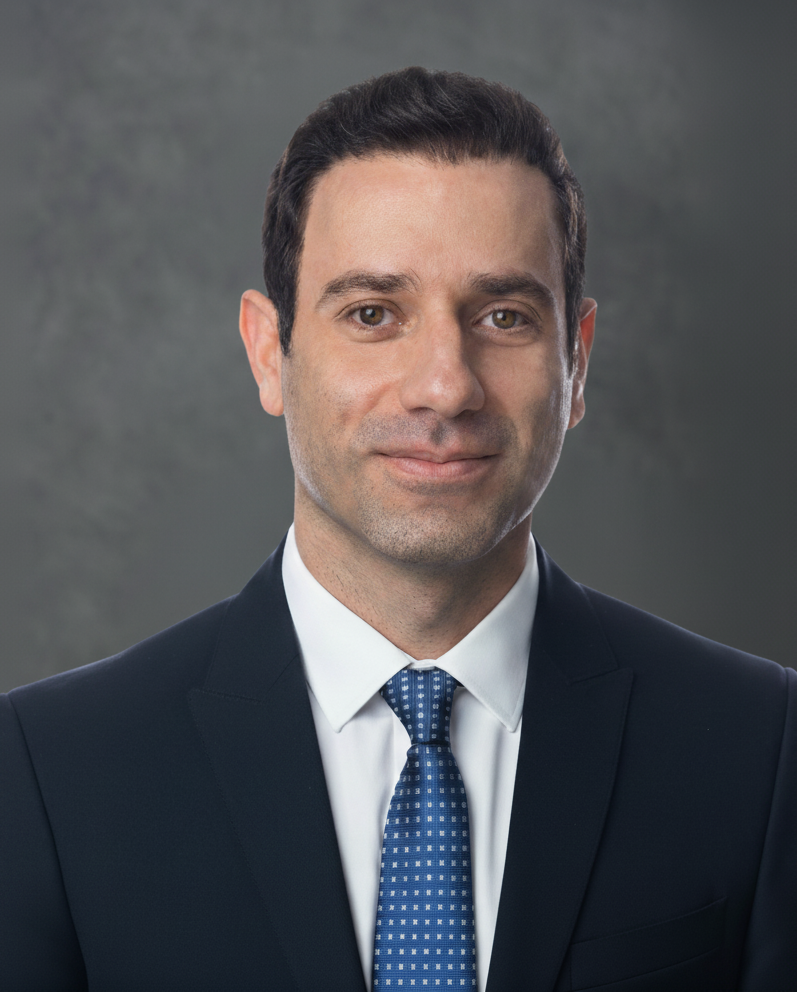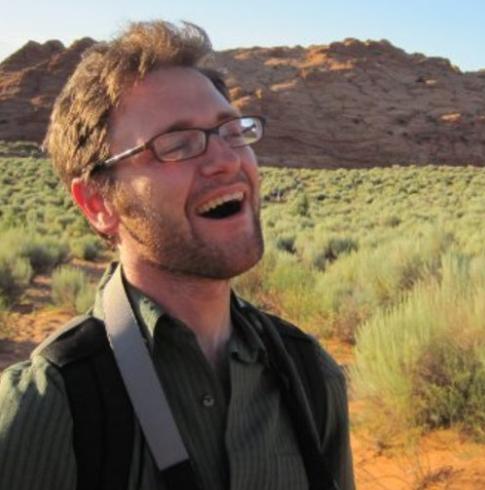Water and Climate
Water & Climate Leadership at the IWR
As the MSU’s hub for water research, education, technology, and stakeholder engagement, we coordinate cross-disciplinary efforts in climate risk analytics, groundwater sustainability, and decision support for Michigan, the Great Lakes region and beyond—linking campus expertise with partner agencies and communities. Priorities include:
- Groundwater resilience: recharge mapping, withdrawals balance, and vulnerability assessment.
- Climate-risk services: drought/heat/wildfire-hydrology early indicators; multi-hazard exposure and resilience analysis.
- Tools & training: reproducible analytics, dashboards, and capacity building for practitioners and students.
Present Issues
- Groundwater reliability under change: Warming, altered snowpack, and variable rainfall disrupt recharge and increase pressure on aquifers used by agriculture and municipalities.
- Compound extremes: Drought–heat events and wildfire–hydrology linkages intensify water stress, degrade water quality, and drive cascading risks (e.g., sediment/nutrient pulses, harmful algal blooms).
- Irrigation and equity: Competing demands among farm sectors, communities, and ecosystems require transparent allocation and robust planning under deep uncertainty.
- Monitoring gaps: Many watersheds lack timely indicators of recharge, soil moisture, evapotranspiration, and emerging risk to inform proactive action.
- Great Lakes context: Michigan’s diverse soils, crops, and hydrogeology create spatially uneven vulnerability—and opportunity—for adaptation.
Our Vision
We aim to secure safe and reliable water in a changing climate by integrating observation, prediction, and participation:
- Groundwater & Water Resources: sustainable recharge, withdrawals, and quality; conjunctive surface–groundwater interaction and management.
- Climate Extremes & Compound Hazards: drought–heat and fire–hydrology linkages; elevational and regional disparities in risk.
- Coupled Human–Water Systems: dynamic models that connect physical change to societal outcomes, equity, and policy.
- Remote Sensing & ML: satellite data fusion and AI for monitoring recharge, evapotranspiration, and water security.
- Decision Support: open tools and participatory scenarios to inform agencies, tribal nations, agriculture, and communities.
Team Leadership
Team Lead:
Dr. M. Reza Alizadeh — Water & Climate Lead, Institute of Water Research (IWR)

Professor M. Reza Alizadeh is the Water & Climate Lead at the Institute of Water Research (IWR). His research program combines advanced computational methods with Earth observation to tackle pressing challenges at the intersection of water, climate, and society. Dr. Alizadeh's work integrates climatology, hydrology, remote sensing, and machine learning to advance climate-risk analytics and improve our understanding of hydrological systems and water resources. His research promotes water and groundwater sustainability by developing actionable decision-support tools for agriculture, communities and agencies at global and regional (Michigan, Great Lakes) scales.
Tagline: Water Resources, Climate extremes, Groundwater, and Decision Support for Resilient Water Futures.
Research Areas:
- Climate Variability and Hydroclimatic Extremes
- Compound and Cascading Climate Hazards (e.g., drought, wildfire, dry-hot events)
- Surface Water-Groundwater Interaction and Sustainable Management
- Remote Sensing of Ecohydrology and the Terrestrial Water Cycle
- Geospatial AI and Machine Learning for Environmental Forecasting
- Coupled Human-Water Systems (Socio-hydrology)
- Environmental Decision Support Under Uncertainty
Contact:
- Email: alizad@msu.edu
- Phone: +1(517)-432-0812
- Office: Room 204, Farrall Hall, 524 S Shaw Ln, East Lansing, MI 48824.
Selected Publications:
- Alizadeh, M.R., et al., (2021). Warming Enabled Upslope Advance in Western U.S. Forest Fires, Proceedings of the National Academy of Sciences of the USA (PNAS), 118 (22), e2009717118. (Featured by NASA Highlights).
- Alizadeh, M.R., et al.., (2021). Elevation-dependent intensification of fire danger in the western United States, Nature Communications, 14(1), p.1773. (Selected as Editor’s Highlight).
- Alizadeh, M.R., et al., (2020). A century of observations reveals increasing likelihood of continental-scale compound dry-hot extremes. Science Advances, 6(39), p.eaaz4571. (Featured by AAAS).
- Alizadeh, M.R., et al., (2024). Land and Atmosphere Precursors to Fuel Loading, Wildfire Ignition and Post‐Fire Recovery. Geophysical Research Letters, 51(2), p.e2023GL105324. (Featured by AGU Eos and selected as Editor’s Highlight).
- Alizadeh, M.R., et al., (2018). A fusion-based methodology for meteorological drought estimation using remote sensing data. Remote sensing of environment, 211, pp.229-247.
- Alizadeh, M.R., et al., (2021). Increasing thermal inequality in a warming climate, Earth’s Future, 10, e2021EF002488. (Most cited paper of the year, Featured by AGU Eos).
- Alizadeh, M.R., et al., (2022). Integrated assessment of localized SSP–RCP narratives for climate change adaptation in coupled human-water systems. Science of The Total Environment, p.153660.
- Alizadeh, M.R., et al., (2024). Scenario analysis of local storylines to represent uncertainty in complex human-water systems, Journal of Hydrology, 635, p.131186.
- Alizadeh, M.R., et al., (2023). Development of a behaviour pattern-based testing approach for coupled socioeconomic and environmental models, Journal of Environmental Management, 347, p.119088.
- Alizadeh, M.R., et al., (2017). Hydro-environmental management of groundwater resources: a fuzzy-based multi-objective compromise approach. Journal of Hydrology, 551, pp.540-554.
- Alizadeh, M.R., et al., (2017). Developing a multi-objective conflict-resolution model for optimal groundwater management based on fallback bargaining models and social choice rules: a case study. Water Resources Management, 31(5), pp.1457-1472.

Dr. Short Gianotti is a Research Scientist in Civil and Environmental Engineering at MIT whose work centers on land-surface processes, ecohydrology, and hydroclimate, with emphasis on soil-moisture dynamics, remote sensing, and global water–energy–carbon coupling. In partnership with MSU’s IWR, he helps develop satellite-informed monitoring and data-assimilation frameworks that turn observations into decision-ready indicators (soil moisture, ET, recharge) and land–atmosphere diagnostics—advancing our mission to deliver actionable climate-water intelligence for producers, agencies, and Great Lakes communities.

Dr. Sadegh is a faculty member in Civil Engineering at Boise State University whose work focuses on climate‐driven extremes—drought, heatwaves, and wildfire—and their cascading impacts on water systems and communities. His group blends hydrologic modeling, statistical/AI methods, and exposure–vulnerability analytics to translate hazard forecasts into usable risk metrics. In collaboration with MSU’s IWR, he helps co-develop early-warning indicators and decision tools that support groundwater sustainability and agricultural water management—advancing the team’s mission to deliver actionable climate–water intelligence for producers, agencies, tribal nations, and Great Lakes communities.
Current and Prospective Partners
Partners include MSU units (Biosystems & Agricultural Engineering; Geography, Environment & Spatial Sciences; MSU Extension), conservation districts, tribal nations, commodity groups, utilities, and local/state/federal agencies (e.g., USDA, NASA, NOAA, EGLE, Regional Great Lakes partners). We welcome collaborations with universities, nonprofits, and industry on data, modeling, and tool delivery.
Opportunities
We welcome prospective graduate students, postdocs, and partners interested in, climate extremes, hydrology, remote sensing/ML, and decision analytics.



 Print
Print Email
Email